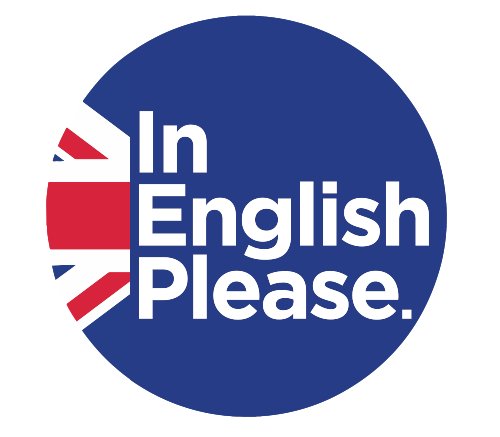Past Simple and Present Perfect (Part 1)

What’s the difference between the present perfect and the past simple?
In this lesson we are going to explain the difference between the present perfect and the past simple, since it is a subject that can be confusing. However, it is very easy. First I give you a summary of both so that you have it clear:
The past simple is used to describe a completed action or event that happened at a specific point in the past, either a particular time or a duration in the past. It is often used with time expressions like yesterday, last night, two days ago, etc. Example: “I went to the beach yesterday.”
The present perfect is used to describe a past action or event that has a connection to the present or has some relevance to the present moment. It is often used with time expressions like already, yet, ever, never, etc. Example: “I have been to the beach before.”
Let’s see a comparison:
| Present Perfect Simple | Past Simple |
Unfinished action that continues now. Example: – They have lived in the same house for 10 years. – Llevan viviendo en esta casa desde hace 10 años. Meaning: They started living together 10 years ago and still do. | Finished action. Example: – They lived in the same house for 10 years. – Vivieron en esta casa durante 10 años. Meaning: They no longer live in the house! |
| Life experience in the past (alive person). Example: – I have visited Paris twice in my life. – He visitado París dos veces en mi vida. Meaning: I have visited Paris twice. It’s a finished action, but it’s relevant to my current life experience. | Life experience in the past (dead person). Example: – My grandfather visited Paris twice in his life. – Mi abuelo visitó París dos veces en su vida. Meaning: my grandfather visited Paris twice when he was alive. It’s a finished action that is not relevant to his current life experience, because he is no longer alive. |
An action that was completed in the past and has an impact on the present. Example: – She has finished her degree. – Ella ha terminado su carrera. Meaning: she completed her degree, which has impacted her current qualifications. | An action that was completed in the past and is not relevant or connected to the present. Example: – She finished her degree in 2015. – Terminó la carrera en 2015. Meaning: she completed her degree at a specific time in the past, with no relevance to her current situation. |
| An action completed during a current period of time. Example: – She has traveled to five different countries this year. – Ha viajado a cinco países diferentes este año. Meaning: this year hasn’t ending yet. She might travel even more! | An action completed in a period of time that has already ended. Example: – She traveled to five different countries last year. – Viajó a cinco países diferentes el año pasado. Meaning: the action refers to a period of time that is over. |
Continúa en la siguiente lección 👉

